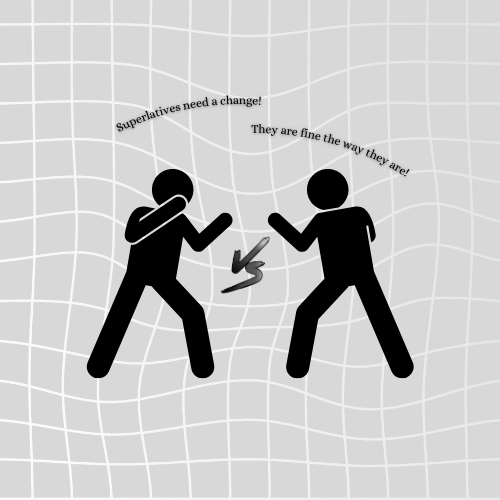Should parents legally be required to vacciniate their children?
April 25, 2019
Immunization is considered one of the greatest public health achievements of the 20th century. Childhood diseases that were commonplace less than a generation ago are now increasingly rare because of vaccines.
When vaccine-preventable disease outbreaks do occur, vaccine critics like to use the tricky point that more vaccinated children become infected than non-vaccinated children. This is true, but simply because there are many more vaccinated kids than unvaccinated kids, and vaccines are not 100% effective.
There have been several studies examining the reasons why parents refuse, delay, or are hesitant to vaccinate their children. In one such study made by NCBI, 77% of parents polled reported having concerns about one or more childhood vaccinations. Reasons expressed by parents vary widely but can be classified into four categories. These categories being religious reasons, personal beliefs or philosophical reasons, safety concerns, and a desire for more information from healthcare providers.
However, if we stop vaccinating, vaccine preventable diseases can and will return. This is why we still vaccinate against diseases we no longer see in the U.S. All it takes is one infected traveler from another country where a disease hasn’t been eliminated to spark an outbreak. State laws establish vaccination requirements for school children. These laws often apply not only to children attending public schools but also to those attending private schools and day care facilities because of how necessary they are to children. All states provide medical exemptions, and some state laws also offer exemptions for religious and/or philosophical reasons. However, exemptions should only be made for specific medical reasons such as allergies or a weak liver. Religions can’t even be scientifically proven to be true and yet we are putting other children’s lives at risk because of them.
Some other parents have had concerns that Autism Spectrum Disorder (ASD) might be linked to the vaccines children receive, but studies have shown that there is no link between receiving vaccines and developing ASD. In 2011, an Institute of Medicine tests on eight vaccines given to children and adults found that there are no signs of correlation between ASD and vaccines.
It is also cheaper to prevent a disease than to treat it. According to Centers for Disease Control and Protection, the routine childhood immunization program in one birth cohort saves $13.6 billion in direct costs. Every dollar spent on childhood immunizations saves $18.40. In Colorado, the cost of treating 538 children hospitalized for vaccine-preventable diseases in one year totaled $29.2 million.
While there are always risks with any medical procedure, vaccines included, the risks of not vaccinating are far greater.
Vaccines undergo rigorous safety testing prior to being approved by the Food and Drug Administration (FDA) and are continually monitored for safety. Therefore, vaccines are not harmful, and should be required for all who have no medical limitations.










